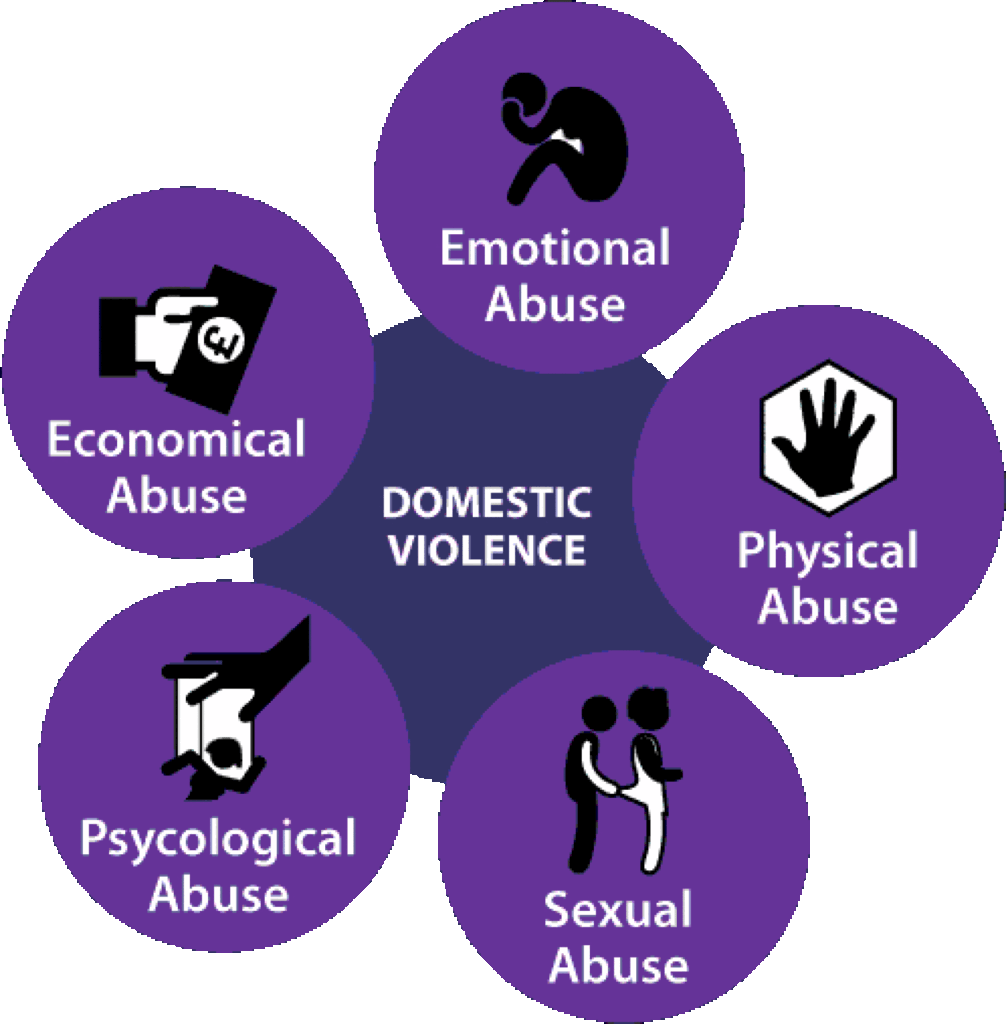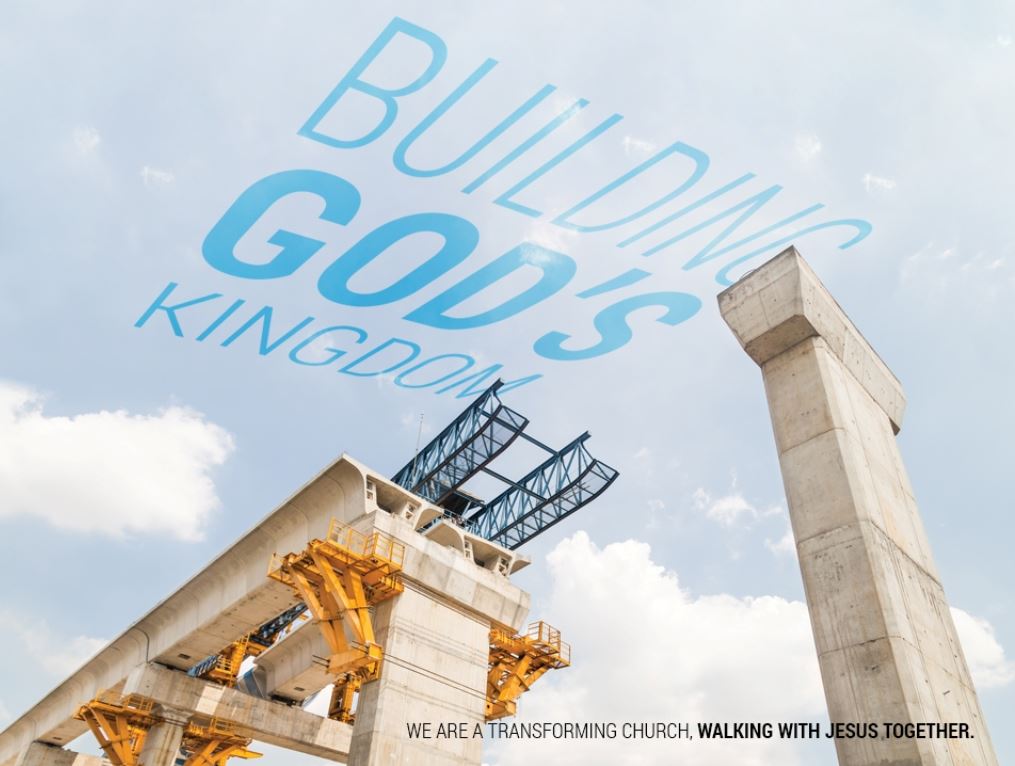
CHRISTIANITY AND DOMESTIC VIOLENCE: A CALL TO JUSTICE AND COMPASSION
God’s Design for Humanity and Relationships
In Scripture, all violence is considered an offence against both God and humanity. The Bible consistently condemns violence, associating it with wickedness and labeling it detestable in the eyes of the Lord (Psalm 11; Proverbs 3 & 10).
From the very beginning, God created humankind in His own image (Genesis 1:27). He gave humanity authority over creation, but not dominion over each other (Genesis 1:26–27). When God created the woman as a helper to the man, it was not to place her in a lesser position, but to establish a partnership—an essential and equal role in fulfilling God’s mission for humanity.
While men and women may differ in form and function, God’s plan never included one lording over the other. In marriage, they are called to complement each other, serving His purpose together in unity and equality, as reflected in Genesis 2:24: “the two shall become one flesh.”


The Entrance of Sin and the Corruption of God’s Plan
Sin disrupted God’s design. In Genesis 3, we witness the beginning of broken relationships, as selfishness and desire for control entered the human heart. God’s words to Adam and Eve were not commands to dominate, but descriptions of the conflict that would result from sin. This included the distortion of marriage, which was originally intended to be a relationship marked by love, mutual respect, and unity.
The first recorded act of interpersonal violence in the Bible—Cain’s murder of Abel—reveals the seriousness with which God views violence (Genesis 4:1–16). Cain’s failure to take responsibility for his brother and his unrestrained anger led to God’s judgment and his separation from God’s presence.

God’s Heart Toward Violence
Those who engage in domestic violence commit sin against their fellow human beings and against God. The Psalmist writes, “The Lord examines the righteous, but the wicked, those who love violence, He hates with a passion” (Psalm 11:5). God does not overlook abuse. He condemns it and calls His people to respond.
The Church’s Call: Speak, Protect, Restore
The Church is called not only to condemn domestic violence but to minister to all those affected—both the abused and the abuser, though in distinct ways. The gospel of Christ brings hope: it is the power of God to forgive, heal, restore, protect, and transform lives.
Research shows that 64% of pastors agree that domestic violence exists within their congregations. It is not a distant issue—it is present in every community, every social group. As shepherds of God’s flock, pastors and religious leaders carry a divine mandate to speak out, protect the vulnerable, and cultivate safe spaces within their ministries.


Prevention and Education: Building God-Centered Homes
The Church must lead the way in preventing abuse by teaching about healthy, Christ-centered relationships. This begins in marriage preparation classes, youth discipleship groups, and open conversations about respect, love, and equality.
A healthy, God-honoring family is the cornerstone of a thriving society. The Church has a critical role to play—not only in nurturing strong families but in offering refuge and healing to those hurt by domestic violence.
Let us, as the Body of Christ, reflect His compassion, uphold justice, and be agents of healing and hope in our homes, churches, and communities.